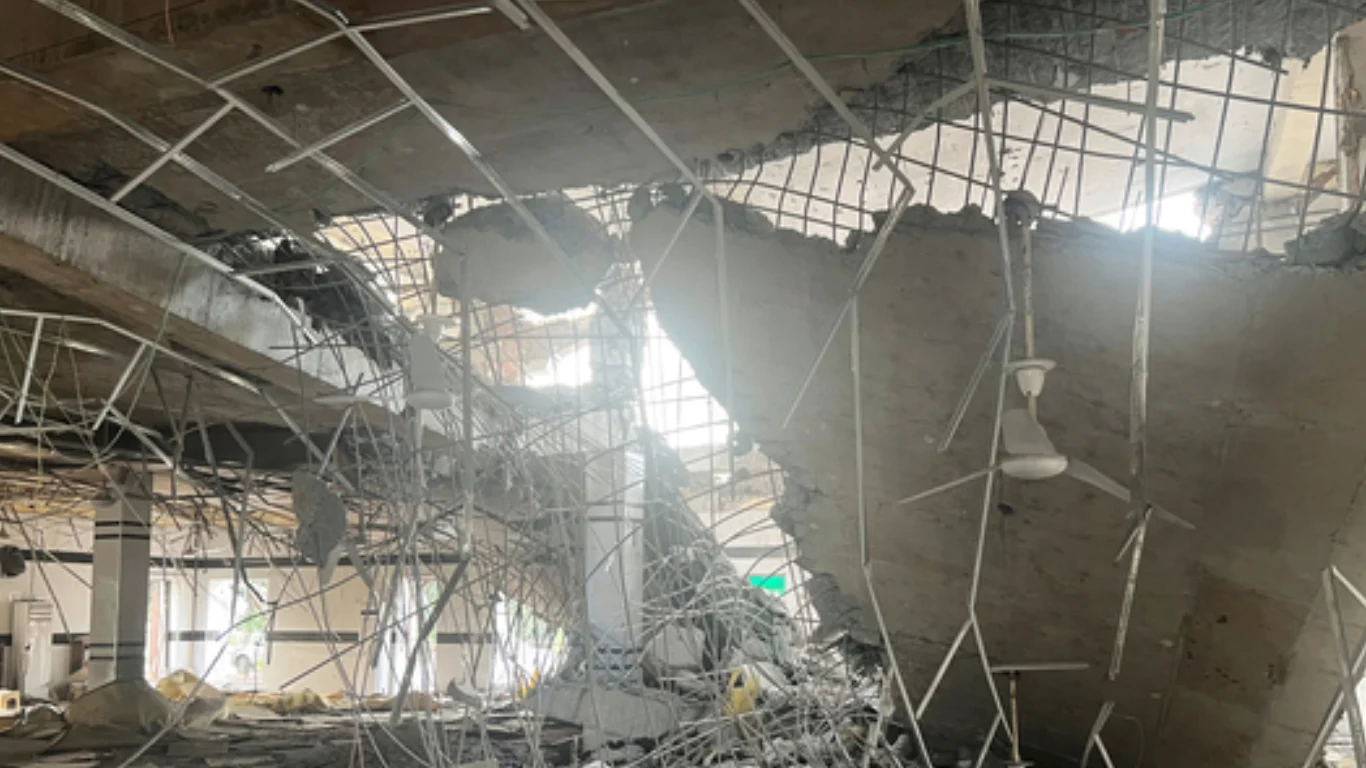
In a significant development on May 13, 2025, the Pakistan Army confirmed that 11 of its personnel were killed during the recent hostilities with India, which escalated following the Pahalgam terror attack. The Pakistani military also reported that 78 soldiers from both the army and air force sustained injuries during the four-day conflict, as per an official statement .
The conflict began on May 6, 2025, when India launched Operation Sindoor, a series of precision airstrikes targeting nine terrorist sites across Pakistan and Pakistan-administered Kashmir. The Indian Ministry of Defence reported that over 100 terrorists were killed in these strikes, which were aimed at dismantling terrorist infrastructure linked to groups such as Lashkar-e-Taiba and Jaish-e-Mohammed .
In retaliation, Pakistan initiated a barrage of drone and artillery attacks targeting Indian military installations and civilian areas. While India reported shooting down several Pakistani projectiles and aircraft, including a Mirage jet, Pakistan claimed to have downed five Indian jets during the conflict .
The escalation resulted in significant civilian casualties on both sides. In Poonch, Jammu and Kashmir, at least 15 civilians, including children, were killed due to Pakistani shelling. India responded by targeting air bases deep within Pakistan, destroying critical infrastructure, including airstrips .
On May 10, 2025, both nations agreed to a ceasefire, which came into effect at 5:00 PM IST. The ceasefire was reportedly brokered through diplomatic channels, with talks scheduled for May 12. However, both countries accused each other of violating the ceasefire agreement shortly after its implementation .
In a national address, Indian Prime Minister Narendra Modi warned Pakistan that India would resume military action if it continues supporting terrorism. He emphasized that the current ceasefire is only a temporary pause and asserted that future Pakistani actions would be closely monitored .
This conflict marks the first drone battle between the two nuclear-armed nations, highlighting the evolving nature of warfare in the region. The international community has expressed concern over the escalation and its potential implications for regional stability. Calls for restraint and dialogue have been issued by various nations and organizations, emphasizing the need to prioritize human lives and uphold international humanitarian laws .
As both nations navigate the aftermath of this conflict, the focus remains on rebuilding and addressing the humanitarian needs of affected populations. The resilience and solidarity of communities on both sides underscore the importance of peace and cooperation in the region.

















